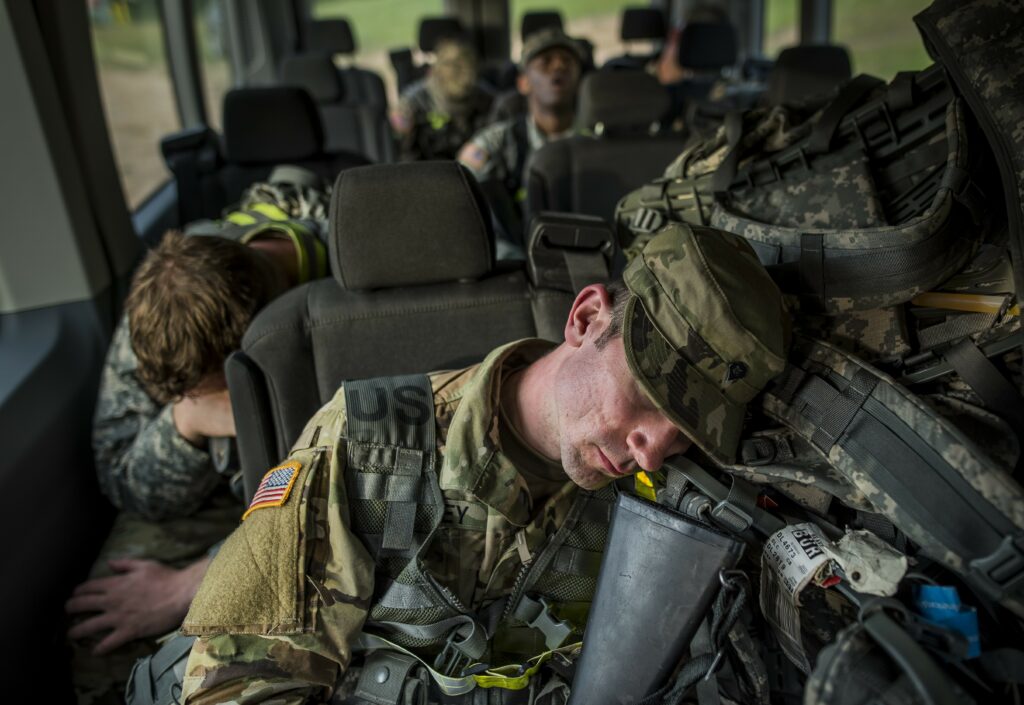The US Air Force is asking technology and defense companies to research and develop wearable tech that can detect and counter fatigue and stress among soldiers.
The US Air Force Research Laboratory (AFRL) issued a solicitation last week for a state-of-the-art fatigue detector as part of the Real-Time Assessment and Augmentation of Cognitive Performance in Extreme Environments project.
The wearable system must be capable of continuously monitoring the biometrics of fatigue and stress using electrophysiological sensors and biomarkers.
Mental and physical fatigue are problems that continue to affect the performance of military personnel, particularly those deployed on long, strenuous missions.
In addition to detecting stress levels, the platform must be able to counter fatigue and stress while considering and addressing severe environmental challenges.
“The potential solutions developed in this effort should be low power, flexible, affordable, and manufacturable at scale,” the solicitation reads. “Technology developers should take appropriate measures and make relevant improvements to address potential austere environmental challenges.”
Additional Focuses
The AFRL also specified that technology firms include sensors for other stress metrics such as heart rate, heart rate variability, respiration, core body temperature, blood pressure, and facial feature analysis.
The laboratory said including such metrics would enhance accuracy and precision in determining fatigue and stress among troopers.
Additionally, the technology should be integrated with other advanced technologies to counter environmental stressors. These include noninvasive vagal nerve stimulation, transcranial direct current stimulation, and appropriate chemical stimulants.
Other Wearable Military Tech
Last year, US Army researchers began studying an adaptive exoskeleton boot that can optimize soldier performance during missions.
The “Dephy ExoBoot” supports users’ ankles when they perform challenging physical tasks. It includes an internal computer that adapts to a soldier’s physical stresses and provides increased assistance.
The service also collaborated with the Institute for Soldier Nanotechnologies to develop a programmable fiber capable of transmitting data when worn in soldiers’ uniforms.
The smart fiber reportedly allows for the sensing, storage, and data analysis of troop movements and monitors soldiers’ vital signs and exposure to toxins.
In October, researchers from various American universities were tapped to design and develop a new device that can optimize the flow of brain and spinal cord fluid, improving soldiers’ sleep.



